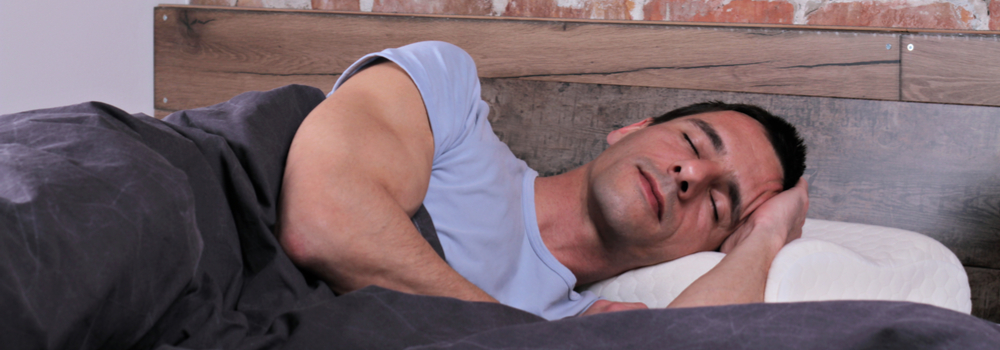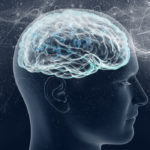Sleep is an essential tool for a man in recovery from addiction to drugs and/or alcohol. On average, men need 6-8 hours of sleep to gain the full benefits of deep sleep. Newer recommendations have put that nightly average at anywhere from 6-10 hours of sleep. Feeling well rested is a matter of feeling energized and capable. When we are tired from a lack of sleep or too much sleep that isn’t quality, we simply don’t function the same way. Our brains drag, our bodies drag, and we generally don’t feel up to the challenge of daily life. Sleep is the time when the body and brain can rest and rejuvenate. Without active consciousness making infinite demands, the brain and body focus on behind the scenes healing.
If either the brain or the body are not ready for sleep or have not been put in the right conditions for sleep, good sleep will not occur. Whether the bed is too uncomfortable, the mind is too stimulated, or the temperature in the room is not quite right, opportune sleep is lost. Here are ways to hack your sleep in order to optimize your rest and the rest of your next day.
Create a Nighttime Routine
Your brain comes with a sleep ready mechanism called melatonin. The sleepy brain chemical starts to produce in sync with the sun. As the sun descends upon the horizon, your brain produces melatonin which helps you prepare for nighttime and sleep. Supplementing your inherent nighttime routine with other sleep-focused activities and rituals can prepare you for better, consistent sleep.
Save the Last Hour of Being Awake for Sleep Preparation
Many experts suggest getting ready for bed before getting ready for bed. Your last minute hygienic practices like showering and brushing your teeth are the final marks of an overarching process. An hour before your pre-sleep rituals, disconnect from technology. Instead of scrolling through your social media newsfeed like a sleep sedative, spend time journaling, meditating, doing yoga, and reading a non-stimulating book.
Social media and engagement with technology stimulates your brain in a manner that has been proven to mirror taking an amphetamine drug. Though you may fall asleep, you will not likely get the deep state of REM you are in need of. Journaling can help you sort out any residual stress, thoughts, notes for tomorrow, or emotions you are having. Proven to reduce symptoms of trauma, journaling before bed also helps you quiet your mind. Meditation is a science-backed practice for sleep and relaxation. Mindfulness-specific meditation exercises like progressive muscle relaxation promote stress relief through the whole body. Certain yoga poses or asanas can promote sleepiness while yoga itself promotes deep relaxation.
Tree House Recovery offers men’s residential treatment for drug and alcohol addiction. By creating sustainable change, we’re teaching men how to find freedom from addiction for complete recovery. Call us today for information on our Portland, Oregon campus: (503) 850-2474




